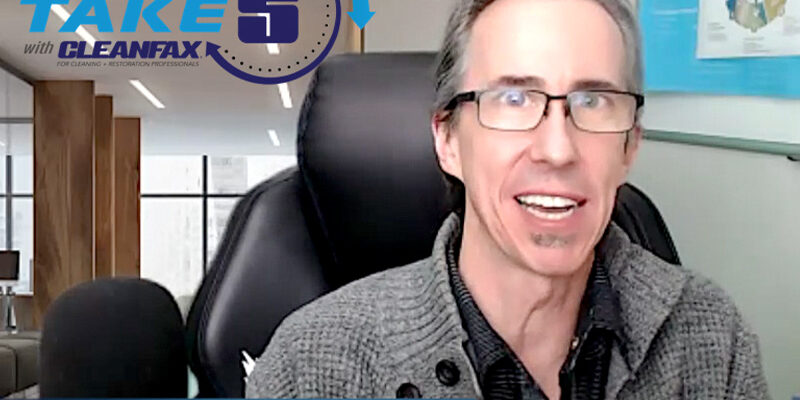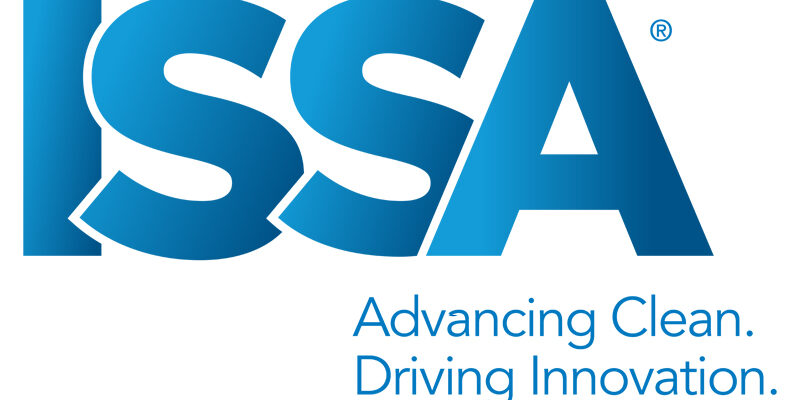In Spite of Our Complaints

On several occasions over the years, I’ve written about making excuses and not taking responsibility for actions. A recent conversation I had with a business owner again elevated this topic to being worthy of attention.
The owner was experiencing difficulty with his business partner. He spent a great deal of time telling me about all his partner’s shortcomings: How he wasn’t interested in embracing new technology, didn’t shoulder his share of the financial risk of the company and didn’t actively participate in managing the employees. Instead, he only did the work he had been doing for years and was comfortable with.
As the conversation progressed, I offered suggestions on how he might resolve some of the issues. But it seemed that with every suggestion I made, he had a ready argument about why it wouldn’t work in his situation. After a while, I came to the conclusion that arguing with this owner was like mud wrestling with a pig. He wasn’t looking for answers; he was more interested in wallowing in his misery.
Denial
We’ve all seen similar scenarios play out in our businesses and in our personal lives. Complaining about our situations rather than acting to change them can allow us to avoid the tough decisions we really don’t want to make in spite of all our complaints.
With rare exception, anyone who’s ever had a business partner has felt a sense of inequity at some point, and this owner was no different. Was the real issue what he said it was, or did it have more to do with the two of them no longer sharing a common vision for the future of the company — or maybe not even wanting to be partners anymore?
Our personal values, business values or the things we want to achieve with our businesses can change. Or sometimes partners grow professionally at different rates. Addressing these issues head on can be extremely difficult, emotionally-charged conversations, ones we usually work hard to avoid. Often it’s just easier to kick these conversations down the road until they’re unavoidable, or we bury them under a pile of minor irritations and a corresponding list of complaints.
It’s even easier to fall into this trap of avoidance when we have family members involved in our businesses — whether or not they’re partners. The boundaries between loving someone and holding them accountable on the job can easily become blurred and emotional when personal feelings are involved. Or as Dr. Morris Shechtman writes in Working without a Net, we confuse caring for someone with taking care of them. Rather than caring enough to discuss how we’re feeling or to set job expectations and hold them accountable, we avoid the conversation, continue paying them and then let our frustrations cloud the relationship.
Situations like these have to do with the “soft side” of business we hear so much about. But, as we all learn at some point, there’s nothing soft about them. Give me numbers or technical issues any day! They’re unemotional.
Bargaining
As with solving any problem in business, the first step is to identify it and get to its root cause. This process usually involves more than one person and can become very emotional. But, just as the cost of avoiding it can be huge, so can the payoff for acknowledging it.
Trying to hide our own shortcomings by complaining about business partners or family members is easy. When someone asks us to do something we’re uncomfortable doing, we can just shift the blame to them.
But hiding behind our complaints isn’t limited to business partners and family members. It also extends to our complaints about poor-performing frontline employees.
When we find ourselves complaining about employees, we should ask ourselves who made the decision to hire them in the first place? What role did we play in that? And if we discover they’re poor performers after we hire them, who’s making the decision to keep them? Perhaps there’s an underlying reason.
Could we subconsciously tolerate, maybe even want, poor performing employees so we don’t have to develop ourselves as business owners or hold ourselves accountable to do the things we know we’re supposed to be doing? Does surrounding ourselves with marginal performers secretly allow us to continue being the smartest person in the room? Or perhaps it just gives us abundant reasons to continue complaining.
Our people generally rise to the level of performance we set for them. If they’re not meeting our expectations, maybe we should look a little closer at our real intentions rather than complaining about their shortcomings.
We sometimes do the same thing with customers. We tolerate unprofitable or slow-paying customers for a reason. Could it be because we’re living out the beliefs about money we learned growing up and blaming them for it? Or maybe we’re holding onto these customers because we’re afraid we won’t be able to replace them.
So we complain. But is complaining really just our way of avoiding having to do something we’re uncomfortable doing, like finding profitable customers who pay their bills on time?
As ridiculous as it might sound on the surface, and as unlikely as it might be for us to admit, it’s not uncommon to hide behind the poor financial performance of our companies. This supports Dr. Shechtman’s philosophy that businesses don’t have financial problems. Business owners have financial issues they work out through their businesses — both good and bad.
So, by extension, does continuing to live with marginal profitability, lousy cash flow or unhealthy debt loads, in spite of all our complaints, really let us live out our underlying beliefs about money?
No more complaints
We might have to scratch below the surface to recognize that not solving a nagging issue with profitability or cash flow is actually how we’re living out those beliefs that were learned years ago. But complaining about them is more comfortable than changing our beliefs and then acting on them to change the business outcome. We need to admit the real problem and make changes or at least stop our complaining.
As I’ve written many times in the past, owning a business is not a required course in life. It’s an elective. If we own our own businesses, we’re the ones who chose that course, and it reflects what we believe about ourselves, sometimes in spite of all our complaining. At the end of the day, we’re the ones who can change…or continue to complain. I guess that choice is ours as well.
Chuck Violand is the founder and principal of Violand Management Associates (VMA), the largest consulting company in the restoration and cleaning industries. Violand is a recognized industry leader for advising entrepreneurs on the unique challenges they face both personally and professionally. Through VMA, he works with business owners and companies to develop their people and their profits. Violand also serves on the board of directors for the Restoration Industry Association (RIA). To reach him, visit violand.com or call (800)360-3513.












